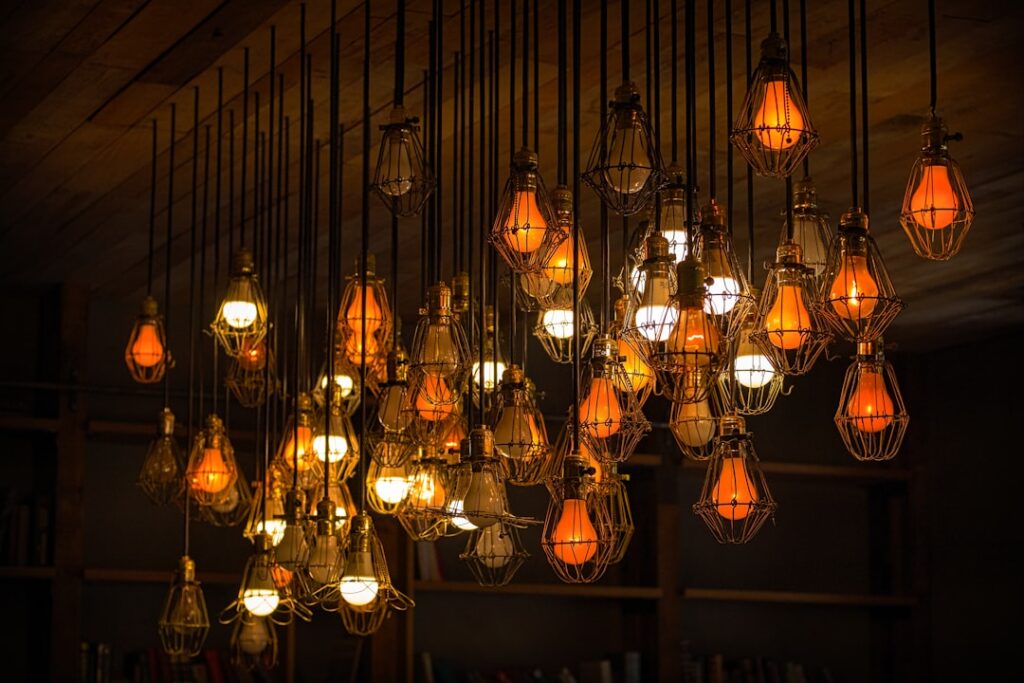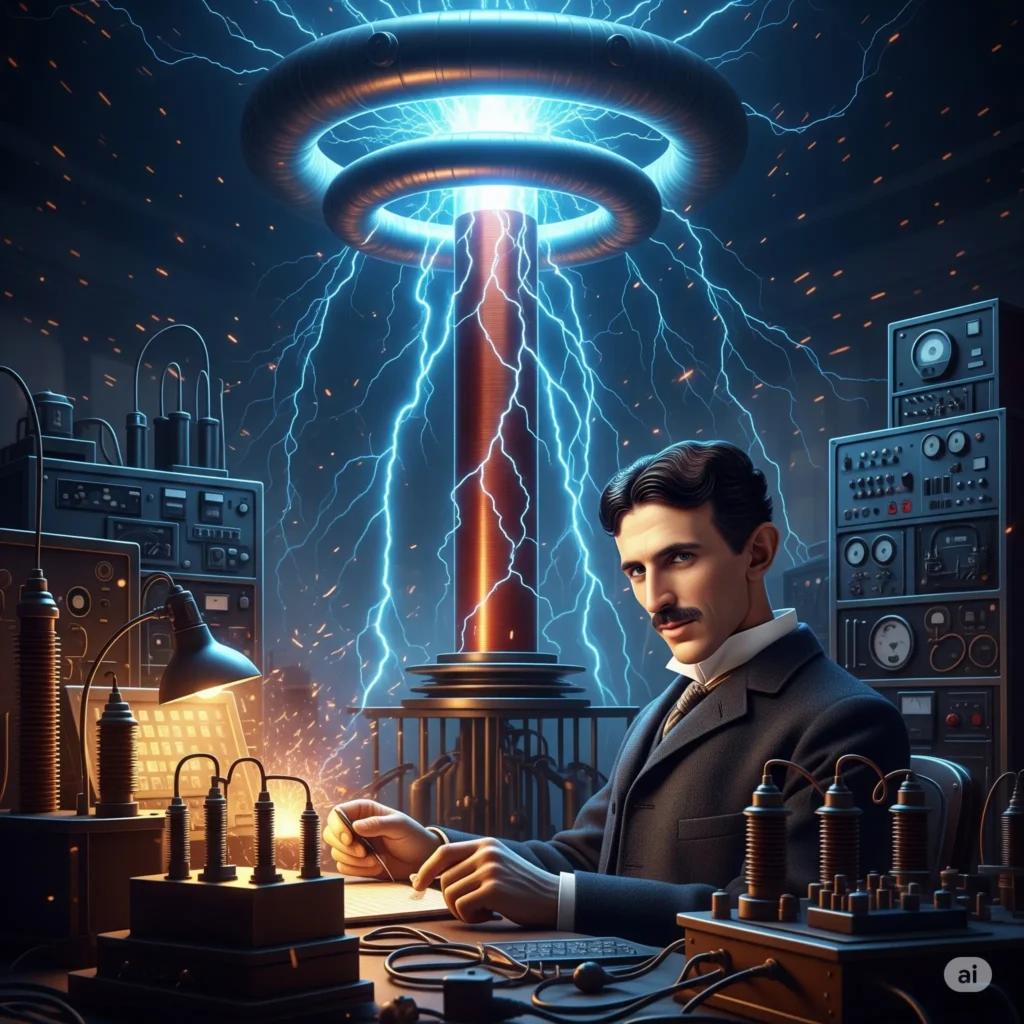The Essential Role of Illumination in Our Lives
Illumination is a fundamental aspect of our daily existence. It not only enhances our ability to see, but also influences our mood, productivity, and safety. From natural light to artificial lighting solutions, understanding the importance of illumination can help us make informed choices about how we light our homes, workplaces, and public spaces.
The Science Behind Illumination
Illumination is the process of providing light to a space, which can be achieved through a variety of means. The science of light, or photonics, explores how light interacts with matter and the ways it can be manipulated to achieve desired effects. Here are some key elements of illumination:
- Natural Light: The sun is the most significant source of natural illumination. It provides daylight that varies in intensity and quality throughout the day.
- Artificial Light: This includes any light that is man-made, such as incandescent bulbs, fluorescent tubes, and LED lights.
- Color Temperature: Measured in Kelvin (K), it describes the color of the light source, from warm (lower K values) to cool (higher K values).
Types of Lighting
Understanding the different types of lighting is vital for effective illumination in any environment. Here are three main categories:
- Ambient Lighting: This is the general illumination that fills an entire space evenly. It creates a comfortable level of brightness without glare.
- Task Lighting: This type of lighting is focused and used for specific tasks such as reading, cooking, or working. Examples include desk lamps and under-cabinet lights.
- Accent Lighting: Used to highlight specific areas or objects, accent lighting adds drama and depth to spaces, such as spotlighting artwork.
The Benefits of Proper Illumination
Choosing the right illumination can have a profound impact on various aspects of life. Here are some benefits:
Enhanced Mood and Wellbeing
Illumination affects our psychological state. Well-lit spaces can uplift spirits, promote positive energy, and improve overall mood. Research has shown that exposure to natural light plays a significant role in regulating our circadian rhythms, which directly influences sleep patterns and overall mental health.
Increased Productivity
In work environments, proper illumination can boost productivity. Adequate lighting reduces eye strain and fatigue, allowing employees to focus better and work more efficiently. Companies investing in quality lighting often see enhanced performance and higher job satisfaction among employees.
Illumination Techniques for Home and Office
Implementing effective illumination techniques can drastically improve a space. Here are some tips:
- Maximize Natural Light: Use sheer curtains and strategically placed mirrors to enhance daylight.
- Layer Your Lighting: Combine ambient, task, and accent lighting for functional and visually pleasing illumination.
- Choose the Right Bulbs: Consider energy-efficient LED options that offer various color temperatures suited for different tasks.
Future of Illumination
As technology evolves, the future of illumination looks promising. Innovations such as smart lighting control systems enable users to adjust brightness and color remotely, while advancements in solar technology allow for greater use of natural light, even in urban settings.
Moreover, with a growing focus on sustainability, energy-efficient lighting solutions are becoming increasingly important. The transition to LED lighting is one significant step toward reducing the carbon footprint associated with traditional lighting methods.
Conclusion
In conclusion, illumination plays a critical role in shaping our environments and enhancing our quality of life. From influencing our mood and productivity to improving safety and aesthetic appeal, understanding and applying effective illumination is essential. By embracing the principles of science, diversifying lighting types, and incorporating sustainable practices, we can create spaces that are not only functional but also uplifting and energizing.
“`html
The Science of Illumination
Illumination is fundamentally an interaction between light and matter. When light hits an object, it is absorbed, reflected, or transmitted. The perceived brightness of an object results from how it reflects light to our eyes. The study of illumination involves the physics of light and its behavior in different environments, influencing both natural and artificial lighting designs.
The Importance of Natural Illumination
Natural illumination, provided primarily by the sun, has profound effects on both our physical and mental well-being. Exposure to natural light has been linked to increased productivity, improved mood, and even various health benefits such as the regulated circadian rhythms, which plays a crucial role in sleep cycles. Maximizing natural illumination in buildings through thoughtful architectural design can enhance the quality of life for inhabitants.
Artificial Illumination Techniques
While natural illumination is an essential aspect of our lives, artificial illumination allows us to extend our activities beyond daylight hours. Advancements in lighting technologies, such as LED and smart lighting systems, have revolutionized how we interact with artificial light. These systems can mimic the qualities of natural illumination, enhancing our environments by adjusting brightness and color temperature to suit various tasks and moods.
Innovations in Sustainable Illumination
As the world becomes more conscious of environmental issues, the push for sustainable illumination practices has gained momentum. Utilizing energy-efficient lighting options and integrating renewable energy sources can drastically reduce the carbon footprint associated with artificial lighting. Techniques such as daylight harvesting and utilizing reflective materials also contribute to conservation efforts, ensuring that our reliance on artificial illumination is both effective and responsible.
“`


